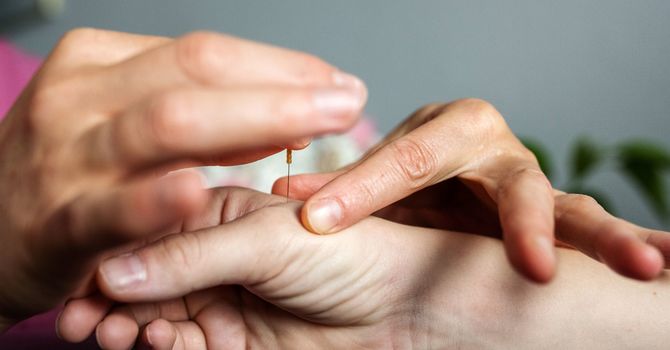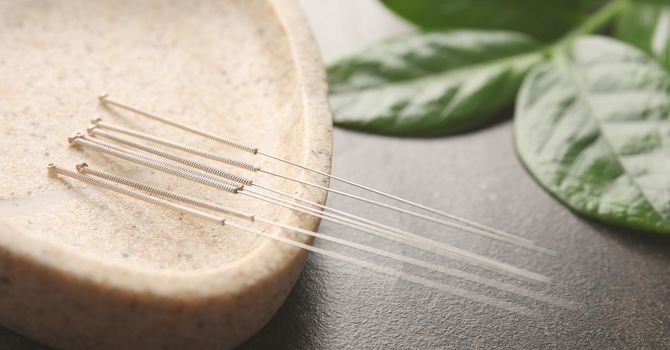
If you’ve been hitting the gym hard lately, you’re probably familiar with that all-too-common soreness that comes after an intense workout. Known as delayed-onset muscle soreness (DOMS), this ache can make it difficult to get back to your routine the next day. At AHC Wellness Clinic, our Registered Massage Therapy (RMT) services are designed to help you recover faster and stay on track with your fitness goals. Here’s how RMT can relieve workout-related muscle soreness and why it’s a game-changer for active individuals.
Why Do You Feel Sore After a Workout?
After a tough workout, your muscles experience tiny tears as they work harder than usual. This natural process leads to DOMS, which typically sets in 12-24 hours after exercise and can last up to 72 hours. The soreness is a sign that your muscles are rebuilding, but it can make even simple activities feel uncomfortable.
Other factors that can contribute to post-workout soreness include:
- Muscle Fatigue: When muscles are overworked, they can become tight and sore.
- Build-Up of Metabolic Waste: Exercise produces waste products like lactic acid, which can contribute to soreness and stiffness if they accumulate in the muscles.
- Inflammation: Muscle repair causes mild inflammation, which can add to the discomfort.
While soreness is a natural part of strengthening your muscles, RMT can play a crucial role in easing the discomfort and speeding up recovery.
How RMT Eases Post-Workout Soreness
Registered Massage Therapy offers numerous benefits that go beyond temporary relief. By targeting sore muscles and supporting your body’s natural healing process, RMT can help you recover faster, stay active, and even improve future performance. Here’s how:
-
Increased Blood Flow: RMT stimulates blood circulation, which helps deliver more oxygen and nutrients to your sore muscles. Better circulation also speeds up the removal of waste products, reducing inflammation and promoting faster recovery.
-
Reduced Muscle Tension: Therapists use deep tissue techniques to relieve muscle knots and tension. This can be particularly helpful for areas that may be prone to tightness after workouts, like the shoulders, calves, and quads.
-
Enhanced Flexibility and Range of Motion: RMT improves muscle flexibility by loosening tight fascia and connective tissue, making it easier for you to move without pain. This flexibility helps prevent future injuries and prepares your muscles for the next workout.
-
Decreased Muscle Stiffness: By warming up your muscles and working out tight spots, RMT reduces the stiffness that often follows a workout, helping you feel more mobile and less restricted.
-
Pain Relief Through Endorphins: Massage triggers the release of endorphins, the body’s natural painkillers, which can help to alleviate soreness and give you a sense of relaxation and relief.
-
Reduced Inflammation: Massage helps control the body’s inflammatory response after exercise, minimizing the intensity of DOMS and aiding in quicker recovery.
What to Expect During an RMT Session for Post-Workout Recovery
When you visit AHC Wellness Clinic for post-workout recovery, our RMTs will focus on the areas that need the most attention. Your therapist may use a combination of the following techniques:
-
Deep Tissue Massage: Ideal for targeting the deeper muscle layers, this technique helps to release knots and tightness that may have formed during your workout.
-
Swedish Massage: A gentler technique that uses long, flowing strokes to increase blood flow and reduce overall muscle tension. This is particularly beneficial for reducing soreness and promoting relaxation.
-
Myofascial Release: By targeting the fascia, the connective tissue surrounding your muscles, this technique helps to reduce tension and improve flexibility, making it easier to move freely.
-
Trigger Point Therapy: For specific “knots” or areas of pain, trigger point therapy can provide relief by applying focused pressure to release tight muscle fibers.
Each session is customized to your body’s needs and your recent workout intensity, ensuring you receive targeted care that leaves you feeling relaxed and ready to tackle your next session.
Why Incorporate RMT Into Your Workout Routine?
Including regular RMT sessions in your fitness routine can improve your performance, reduce recovery time, and help prevent injury. Here are some long-term benefits of making RMT a part of your recovery strategy:
-
Improved Workout Performance: By relieving muscle tension and increasing flexibility, RMT makes it easier to move freely during workouts, allowing you to perform exercises with better form and less strain.
-
Reduced Risk of Injury: RMT can help address muscle imbalances, tightness, and areas of weakness, reducing the risk of injuries that might sideline you from your fitness routine.
-
Enhanced Muscle Growth and Recovery: RMT supports muscle recovery by speeding up the repair process, helping you achieve gains while minimizing downtime.
AHC Wellness Clinic: Supporting Your Fitness Journey with RMT
At AHC Wellness Clinic, we’re dedicated to supporting athletes, fitness enthusiasts, and anyone committed to staying active. Our Registered Massage Therapists are skilled in tailoring treatments to meet your unique recovery needs, so whether you’re dealing with post-workout soreness or aiming to improve your fitness performance, we’re here to help.
Take your recovery to the next level and experience the benefits of RMT. Book your session with us today, and let’s keep you on track to achieving your fitness goals without the discomfort of lingering soreness.

AHC Wellness Clinic
Contact Me



